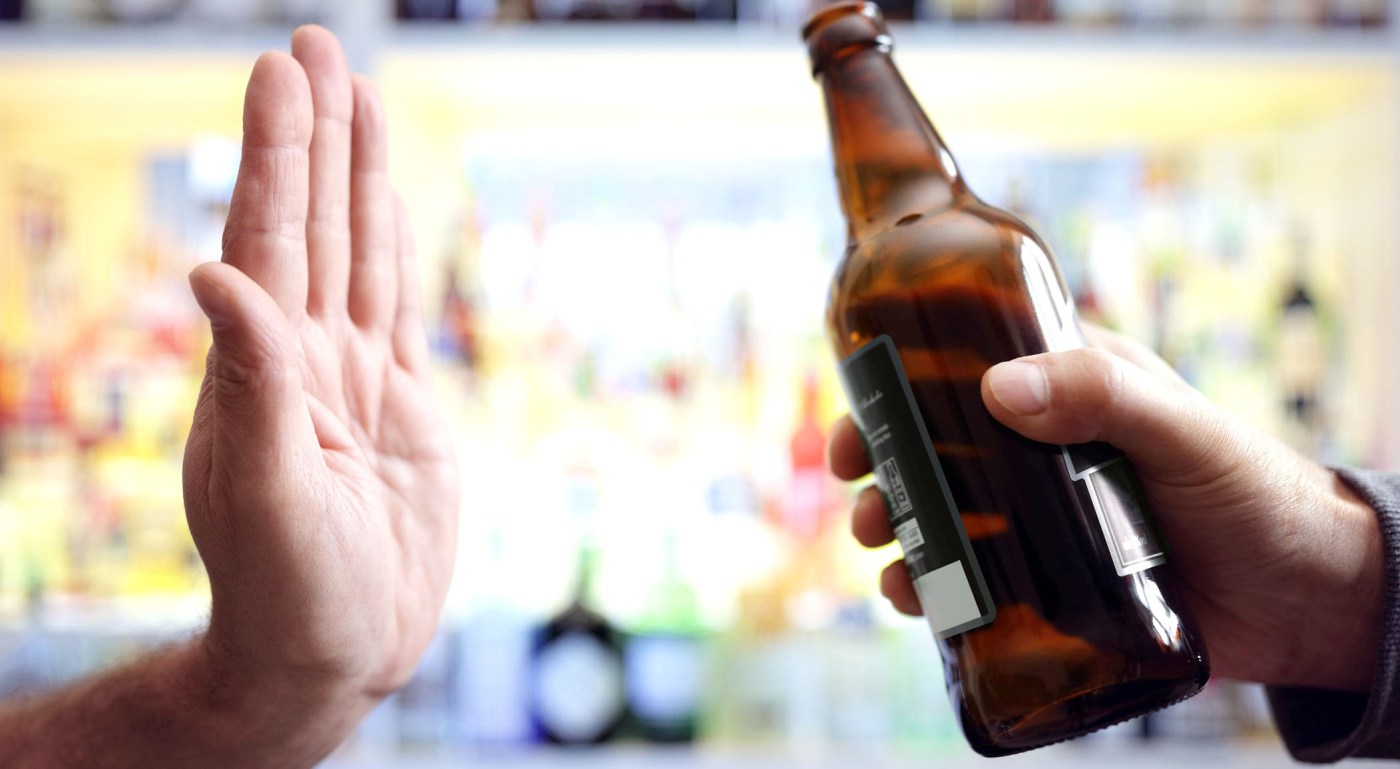Most adults in the United States who drink alcohol drink moderately and without complications. At the same time, alcohol-related problems are among the most significant public health issues in the country.
Alcohol use disorder (AUD) affects about 15 million adults in the United States, and an estimated 88,000 people die from alcohol-related causes annually, making alcohol the third leading preventable cause of death in the nation.
April is Alcohol Awareness Month, a good time to reflect on our drinking patterns and the role that alcohol plays in our lives.
How do you know if drinking alcohol has become a problem for you or a loved one? And where do you go for help if it has?
One way is to learn more about Substance Use Disorder (SUD)
Alcohol becomes a problem when it impacts your life in a negative way. For example, is your personal or work life deteriorating because of your drinking?
Have you had times when you drank more, or longer, than you intended? Are you drinking to feel better? Are you drinking to cope with stress or other problems? Do you feel anxious or irritable without a drink?
In service members and Veterans, SUD commonly co-occurs with and complicates other conditions or issues. These conditions or issues may be health-related, such as other mental health conditions. They may also be societal, such as homelessness, criminal justice involvement or unemployment.
What is SUD?
Often referred to as “addiction,” substance use disorder (SUD) is a disease that causes people to have difficulty controlling their use of alcohol, drugs and other substances, including opioids. Untreated, this misuse can begin to influence many aspects of life.
Signs and symptoms of SUD
- Increased urge to drink or to use drugs.
- Inability to stop drinking or using drugs, despite negative consequences.
- Change in relationships due to drinking or drug use.
- Feeling depressed or anxious about your substance use.
- Feeling sick and experiencing withdrawal symptoms when drinking or drug use stops.
- Increased tolerance, which refers to the need over time for more alcohol or stronger drugs to achieve the desired effect.
Fortunately, there are many ways to recover from alcohol or drug use disorders. Take the next step and learn about the many VA treatments available, including in- and outpatient care, medications, support groups, specialized therapy and more.
Screening for SUD
VA has developed a brief questionnaire to help Veterans identify possible signs or symptoms of a substance use disorder. Your results will be completely confidential, and the results will not be stored or sent anywhere – this self-assessment is simply to help you. You will have the option to print a copy of the results, either for your own records or to share with your physician or a mental health professional. If you think you may be showing symptoms of SUD, consider taking VA’s brief, anonymous questionnaire.
Understanding recovery from Alcohol Use Disorder
Many people suffer a range of consequences from heavy drinking and want to either:
- Cut back to moderate drinking.
- Quit drinking altogether.
Alcohol misuse might be related to binge drinking. Binge drinking is drinking that raises blood alcohol concentration to .08 g/dL. This usually happens after 4 drinks for women and 5 for men in about 2 hours. Heavy alcohol use is defined as exceeding the recommended daily or weekly limits.
Moderate drinking means staying within recommended limits:
- Women: 1 drink per day and no more than 7 drinks per week
- Men: 2 drinks per day and no more than 14 drinks per week
- Adults older than age 64: 1 drink per day and no more than 7 drinks per week
A healthy lifestyle
Often when people are drinking at unhealthy levels, they get away from some of the basics of good health. It can be helpful all around to find your way back to a healthy lifestyle.
- Exercise and be active. This may give you something to do instead of thinking about drinking, and it also can help reduce stress. People who are fit usually have less anxiety, depression and stress than people who aren’t active. Get active.
- Get enough sleep. Feeling well-rested is important. Get help with insomnia.
- Eat a balanced diet. This helps your body deal with tension and stress. Whole grains, dairy products, fruits, vegetables and protein are part of a balanced diet. Learn how to eat wisely.
Practice stress management and relaxation. There are many ways of doing this, from pleasant activities to meditation to yoga or tai chi. Choose what works for you. Learn to manage stress.
Topics in this story
More Stories
Watch the Under Secretary for Health and a panel of experts discuss VA Health Connect tele-emergency care.
The 2024 National Veteran Suicide Prevention Annual Report provides the foundation for VA’s suicide prevention programs and initiatives.
Theranostics is a specialized field of nuclear medicine that uses a two-pronged approach to diagnose and treat cancer.








